-
 Bitcoin
Bitcoin $119900
0.94% -
 Ethereum
Ethereum $4633
9.35% -
 XRP
XRP $3.254
3.60% -
 Tether USDt
Tether USDt $0.9998
-0.04% -
 BNB
BNB $837.0
3.48% -
 Solana
Solana $194.3
10.87% -
 USDC
USDC $0.9998
-0.02% -
 Dogecoin
Dogecoin $0.2370
5.91% -
 TRON
TRON $0.3528
1.79% -
 Cardano
Cardano $0.8460
9.05% -
 Chainlink
Chainlink $23.61
12.06% -
 Hyperliquid
Hyperliquid $44.91
3.99% -
 Stellar
Stellar $0.4475
2.93% -
 Sui
Sui $3.899
5.78% -
 Bitcoin Cash
Bitcoin Cash $620.7
6.74% -
 Hedera
Hedera $0.2602
4.59% -
 Ethena USDe
Ethena USDe $1.000
-0.03% -
 Avalanche
Avalanche $24.84
8.52% -
 Litecoin
Litecoin $131.0
9.17% -
 Toncoin
Toncoin $3.509
3.47% -
 UNUS SED LEO
UNUS SED LEO $9.170
2.15% -
 Shiba Inu
Shiba Inu $0.00001360
4.82% -
 Uniswap
Uniswap $11.66
5.28% -
 Polkadot
Polkadot $4.180
7.93% -
 Ethena
Ethena $0.8242
2.31% -
 Dai
Dai $0.9998
-0.04% -
 Cronos
Cronos $0.1630
-3.04% -
 Pepe
Pepe $0.00001224
9.07% -
 Bitget Token
Bitget Token $4.464
1.16% -
 Aave
Aave $321.9
9.17%
What is the possible reason for the failure of Binance Smart Chain (BSC) transfer?
BSC transfer failures stem from various issues: network congestion, insufficient gas fees, incorrect recipient addresses, wallet problems, smart contract errors, BSC network outages, recipient wallet issues, or token-specific limitations.
Mar 16, 2025 at 09:00 pm
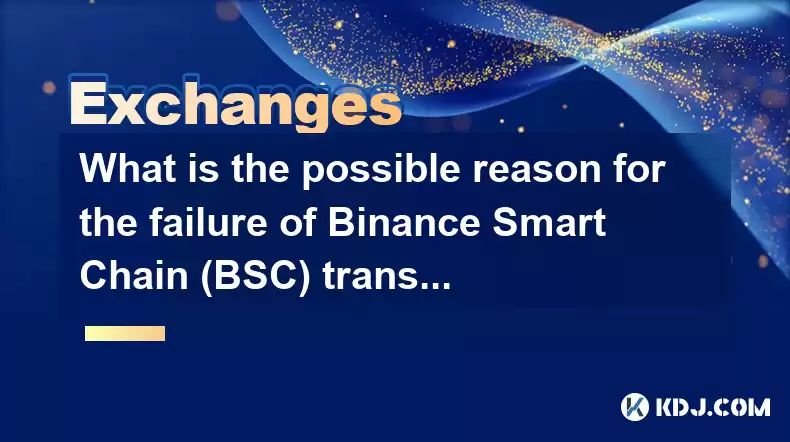
Key Points:
- Network Congestion: High transaction volume can lead to delays and failures.
- Insufficient Gas Fees: Transactions require gas fees; insufficient funds result in failure.
- Incorrect Recipient Address: Typos or incorrect addresses prevent successful transfers.
- Problems with the Sending Wallet: Issues within the wallet software or hardware can disrupt transfers.
- Smart Contract Errors: Interactions with faulty smart contracts can cause transfer failures.
- Binance Smart Chain Network Issues: Underlying network problems can affect transactions.
- Issues with the Receiving Wallet: Problems with the recipient's wallet can block transfers.
- Token-Specific Problems: Certain tokens may have specific transfer limitations.
What is the possible reason for the failure of Binance Smart Chain (BSC) transfer?
Binance Smart Chain (BSC), while generally efficient, can experience transfer failures. Understanding the potential causes is crucial for troubleshooting. One of the most common reasons is network congestion. During periods of high activity, the network can become overloaded, leading to delayed or failed transactions. This is often reflected in high gas fees.
Another frequent culprit is insufficient gas fees. BSC transactions require a fee, paid in BNB, to incentivize validators to process them. If the provided gas is insufficient, the transaction will fail. The amount of gas needed depends on the complexity of the transaction. Using a reputable gas fee estimator can help prevent this issue.
Human error is also a significant factor. Entering the wrong recipient address is a common mistake leading to irreversible loss of funds. Double and triple-checking the address before confirming the transaction is essential. This is particularly crucial when dealing with large amounts of cryptocurrency.
Problems with the sending wallet itself can also be the cause. This might include issues with the wallet software, insufficient funds in the wallet, or even hardware problems with the device used to access the wallet. Ensuring the wallet is up-to-date and functioning correctly is paramount.
Smart contracts, which underpin many BSC transactions, can also cause failures. If the smart contract is poorly coded or contains bugs, the interaction with it might fail to execute the intended transfer. Carefully researching and understanding the smart contract before interacting with it is crucial to avoid such failures.
The Binance Smart Chain network itself can experience occasional outages or technical issues. While rare, these periods of downtime can lead to failed transactions. Monitoring the official BSC channels for updates and announcements can help mitigate these risks. This is especially important during periods of high volatility in the cryptocurrency market.
Issues on the receiving end can also prevent successful transfers. The recipient's wallet might be malfunctioning, have insufficient space to receive the funds, or have security settings that prevent the transaction from being processed. Contacting the recipient to confirm their wallet status can help troubleshoot these issues.
Finally, some tokens on BSC might have specific limitations or restrictions on their transfer mechanisms. These limitations could be due to token design, governance decisions, or even temporary halts imposed by the token's developers. Checking the token's documentation for any transfer-related restrictions is crucial before initiating a transfer.
Common Questions and Answers:
Q: My BSC transfer failed, and I received a "revert" error. What does this mean?
A: A "revert" error usually indicates a problem with the smart contract involved in the transaction. The contract might have detected an issue, such as insufficient funds, and rolled back the transaction.
Q: How can I prevent future BSC transfer failures?
A: Double-check recipient addresses, use a reliable gas fee estimator, ensure sufficient funds in your wallet and sufficient gas, use a reputable wallet, and research smart contracts thoroughly before interacting with them. Also, monitor the BSC network status for any reported issues.
Q: What should I do if my BSC transfer fails due to network congestion?
A: Try again later when the network congestion eases. You might also consider increasing your gas fee to prioritize your transaction.
Q: Is there a way to recover funds lost due to a failed BSC transfer?
A: If the failure was due to an incorrect address, recovery is unlikely. If it was due to a network issue or smart contract problem, you might be able to contact the exchange or project team for assistance, but there is no guarantee of recovery.
Q: Can I track my failed BSC transaction?
A: Yes, you can typically track the transaction using a BSC block explorer, such as BscScan. This will show you the status of the transaction and provide details about why it failed.
Q: My transaction is pending for a long time. Is it failed?
A: A pending transaction might still be processed, especially during network congestion. However, if it remains pending for an extended period, it's possible it has failed. Check the transaction details on a block explorer for more information.
Q: Why are my gas fees so high?
A: Gas fees are determined by network congestion and the complexity of the transaction. Higher demand and complex transactions lead to higher gas fees. Using a gas fee estimator can help you determine the appropriate amount to pay.
Disclaimer:info@kdj.com
The information provided is not trading advice. kdj.com does not assume any responsibility for any investments made based on the information provided in this article. Cryptocurrencies are highly volatile and it is highly recommended that you invest with caution after thorough research!
If you believe that the content used on this website infringes your copyright, please contact us immediately (info@kdj.com) and we will delete it promptly.
- Unich's OTC Exchange: Surging with $1.2B Volume – What's the Hype?
- 2025-08-13 02:50:11
- MoonBull's Explosive Moves: Your Crypto Whitelist Ticket to Ride!
- 2025-08-13 02:30:11
- MAGACOIN Finance: Don't Miss the Presale Bonus!
- 2025-08-13 02:30:11
- Trump's Crypto Kingdom: $2.4 Billion and Counting
- 2025-08-13 02:50:11
- Solana, LSTs, and SEC Approval: A New Dawn for Crypto?
- 2025-08-13 02:55:12
- Bitcoin's Profit Surge: Unpacking the BTC Value Boom
- 2025-08-13 02:55:12
Related knowledge
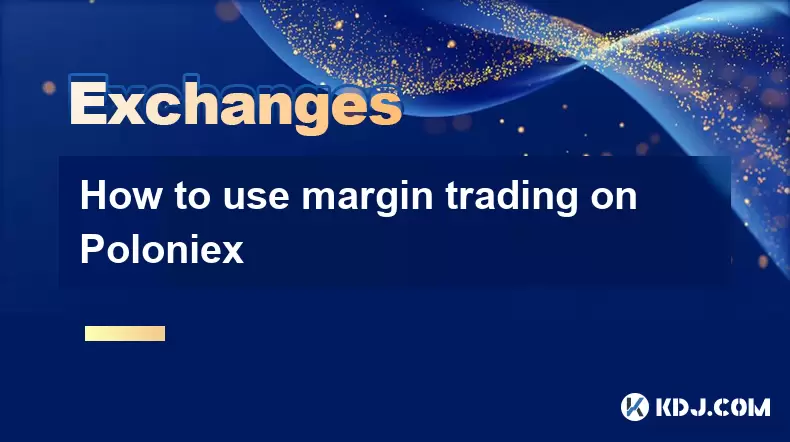
How to use margin trading on Poloniex
Aug 08,2025 at 09:50am
Understanding Margin Trading on Poloniex
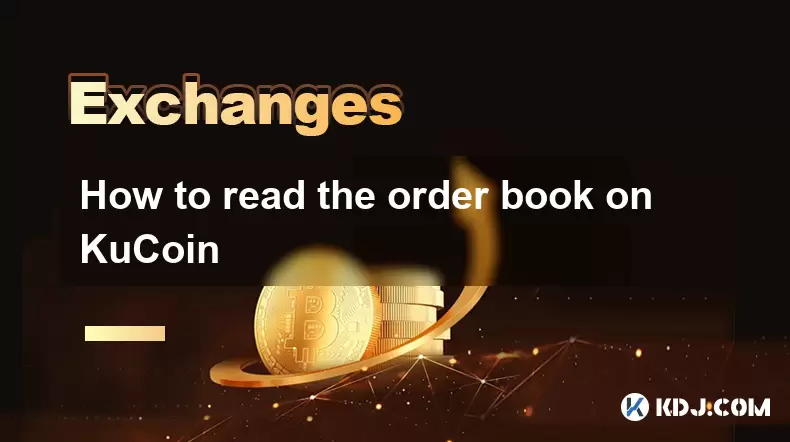
How to read the order book on KuCoin
Aug 10,2025 at 03:21pm
Understanding the Order Book Interface on KuCoinWhen accessing the order book on KuCoin, users are presented with a real-time display of buy and sell ...
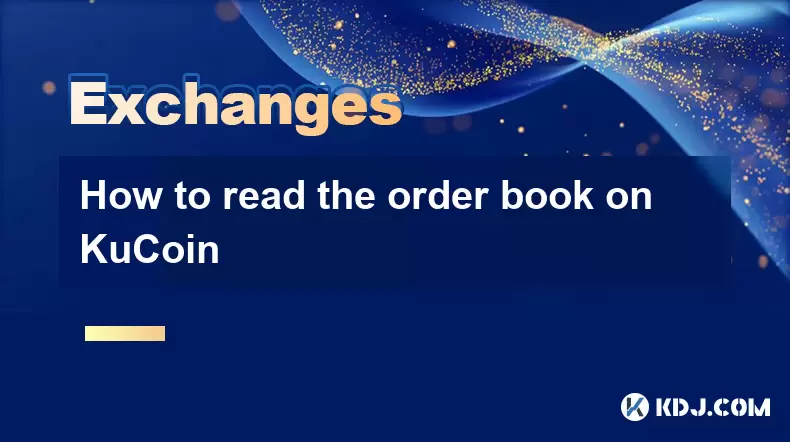
How to read the order book on KuCoin
Aug 12,2025 at 02:28am
Understanding the Basics of Staking in CryptocurrencyStaking is a fundamental concept in the world of blockchain and cryptocurrencies, particularly wi...
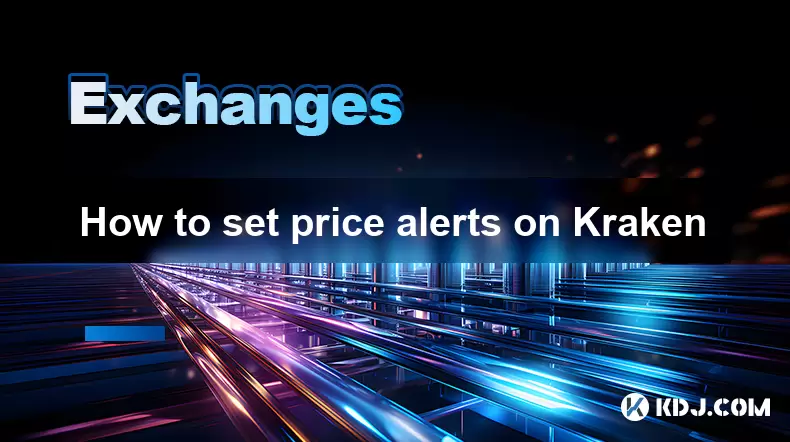
How to set price alerts on Kraken
Aug 11,2025 at 08:49pm
Understanding Price Alerts on KrakenPrice alerts on Kraken are tools that allow traders to monitor specific cryptocurrency pairs for price movements. ...
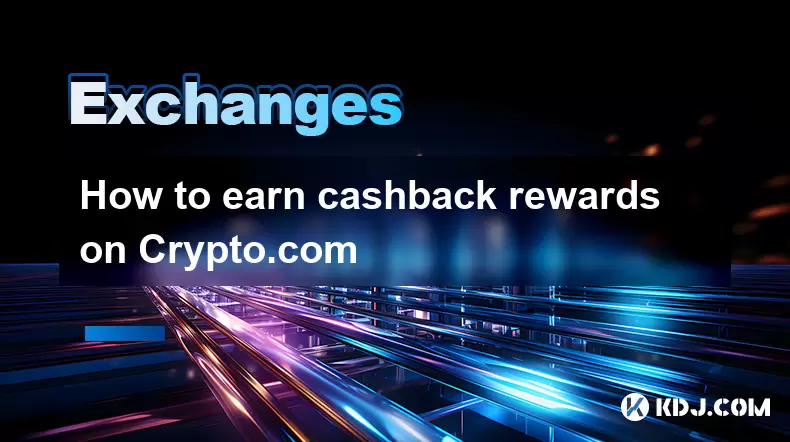
How to earn cashback rewards on Crypto.com
Aug 12,2025 at 02:08am
Understanding Cashback Rewards on Crypto.comCashback rewards on Crypto.com are a feature designed to incentivize users to spend using their Crypto.com...
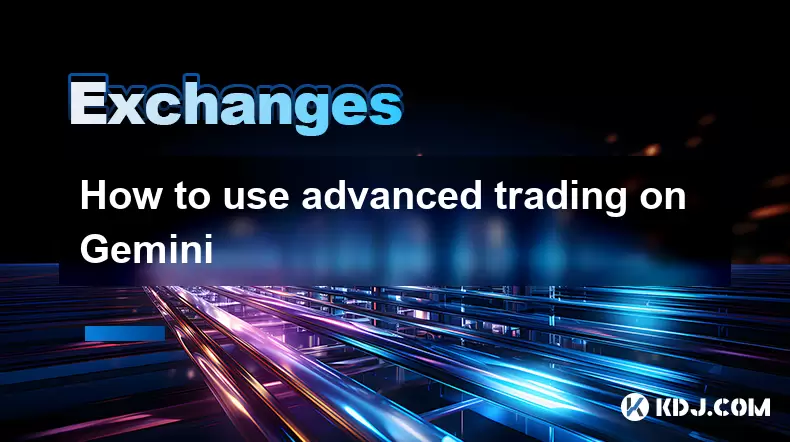
How to use advanced trading on Gemini
Aug 08,2025 at 04:07am
Understanding Advanced Trading on GeminiAdvanced trading on Gemini refers to a suite of tools and order types designed for experienced traders who wan...

How to use margin trading on Poloniex
Aug 08,2025 at 09:50am
Understanding Margin Trading on Poloniex

How to read the order book on KuCoin
Aug 10,2025 at 03:21pm
Understanding the Order Book Interface on KuCoinWhen accessing the order book on KuCoin, users are presented with a real-time display of buy and sell ...

How to read the order book on KuCoin
Aug 12,2025 at 02:28am
Understanding the Basics of Staking in CryptocurrencyStaking is a fundamental concept in the world of blockchain and cryptocurrencies, particularly wi...

How to set price alerts on Kraken
Aug 11,2025 at 08:49pm
Understanding Price Alerts on KrakenPrice alerts on Kraken are tools that allow traders to monitor specific cryptocurrency pairs for price movements. ...

How to earn cashback rewards on Crypto.com
Aug 12,2025 at 02:08am
Understanding Cashback Rewards on Crypto.comCashback rewards on Crypto.com are a feature designed to incentivize users to spend using their Crypto.com...

How to use advanced trading on Gemini
Aug 08,2025 at 04:07am
Understanding Advanced Trading on GeminiAdvanced trading on Gemini refers to a suite of tools and order types designed for experienced traders who wan...
See all articles

























































































